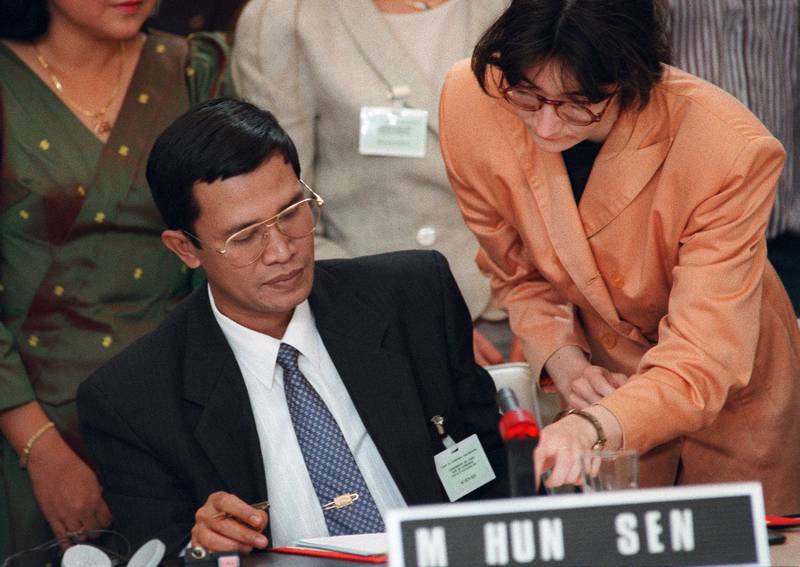Cambodia has just marked the 30th anniversary of the 1991 Paris Peace Accords, which paved the way to ending the country’s long-running civil war. The agreement remains a just cause for celebration: in the previous two decades, Cambodia had suffered the CIA-backed coup of Lon Nol, the genocidal rule of the Khmer Rouge during which up to two million people perished, and invasion by Vietnam. The UN Transitional Authority in Cambodia, which was formed to implement the accords, supervised the run-up to elections in 1993 and the subsequent assembly approved a new constitution.
In the years since, “we have reduced poverty and we have been happy with our economic growth”, a spokesman for Hun Sen’s Cambodian People’s Party (CPP) government told Khmer Times. “We have had regular elections. Most importantly we have protected the people. That is why we have not allowed anybody to cause ‘rain and storm’ that destroy the safety and lives of the people.”
That’s one way of assessing the post-1991 record of Hun Sen, who in three slightly different guises has been prime minister of Cambodia since 1985. Another verdict on the results of the peace accords that he himself helped to negotiate comes from Australia’s former foreign minister Gareth Evans. “We did a great job on bringing peace, but blew it on democracy and human rights,” he said recently.




